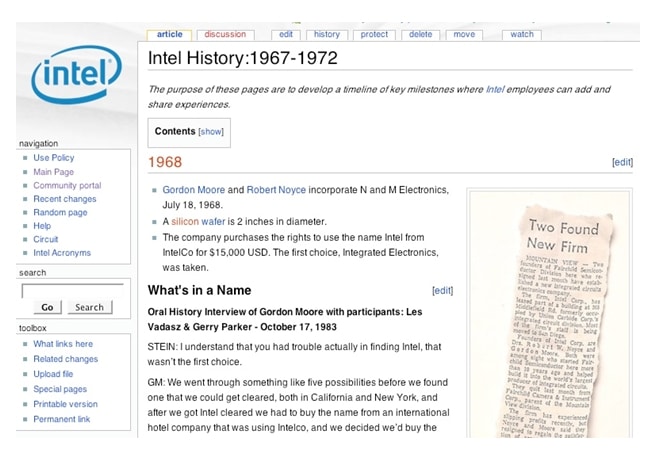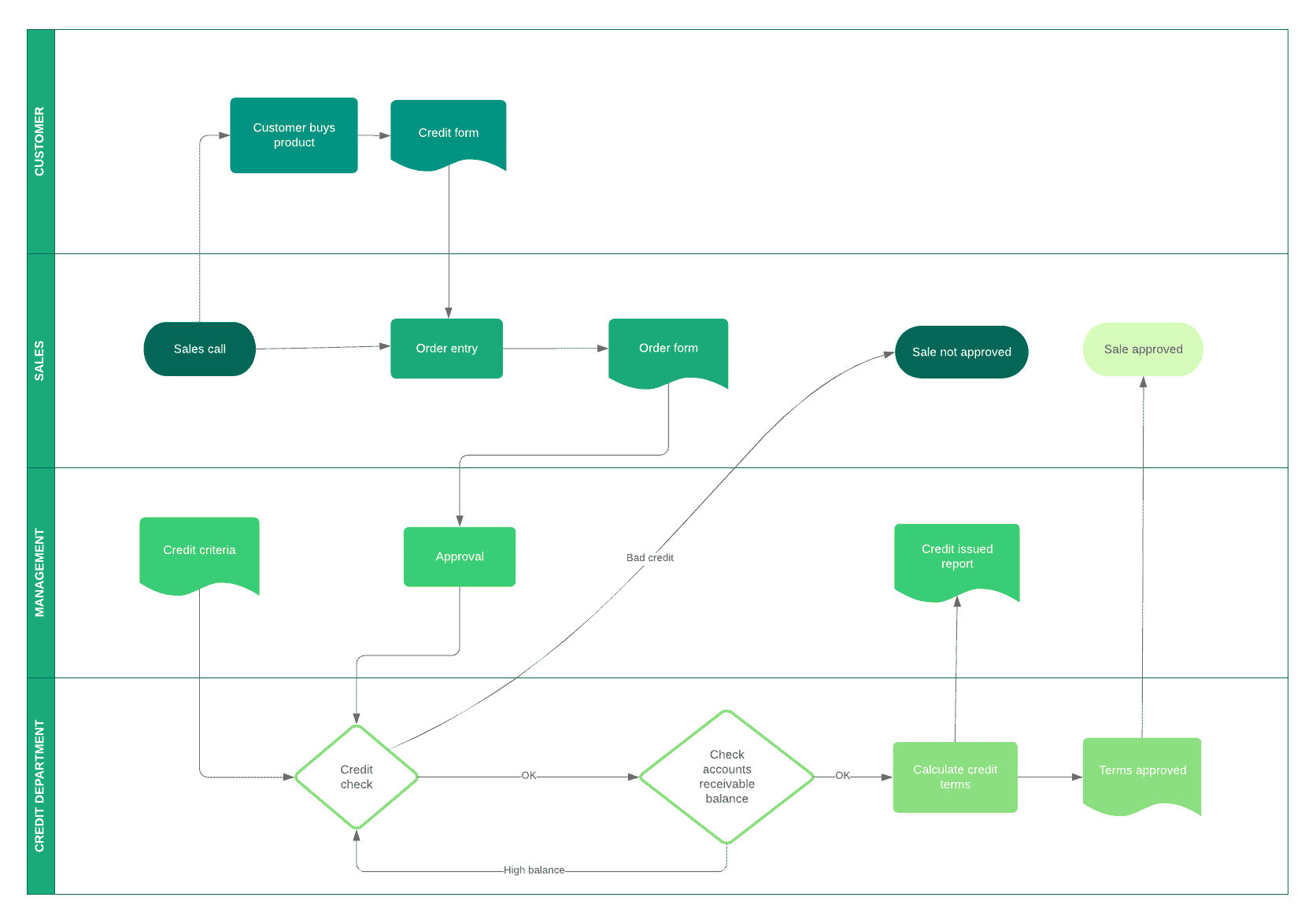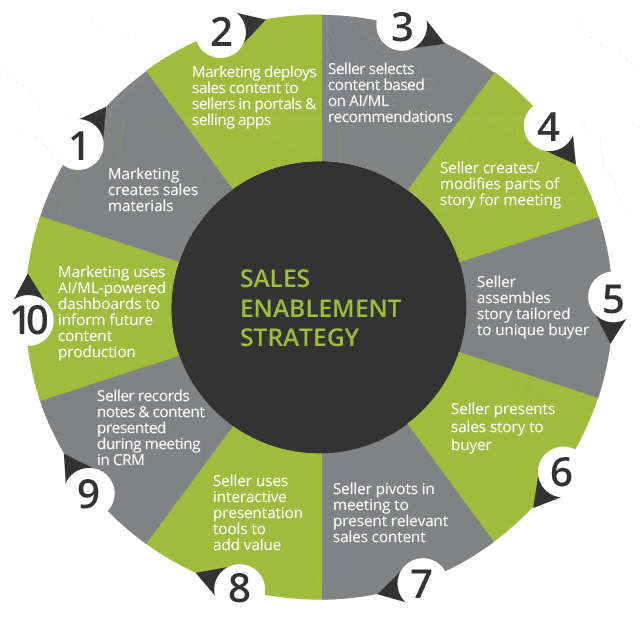
What Institutional Knowledge Matters Most for Marketers?
Knowledge management is a huge responsibility, but it’s also hugely important. To make informed decisions, marketers need years of company knowledge at their fingertips.
With that said, not all knowledge is equally valuable. To engage their customers, marketers need to know their audience demographics more than, say, the team’s favorite lunch spots.
What knowledge matters most, and how should it be managed? Let’s start with two key definitions.
What Are Institutional Knowledge and Knowledge Management?
Institutional knowledge is the sum of all knowledge contained within an organization. It is the experiences, values processes, data, expertise, and information possessed and preserved by the members of an organization. It can span decades and include things ranging from the company’s founding story to its organizational chart.
Knowledge management, on the other hand, is the efficient handling, storage, and revision of that knowledge. Institutional knowledge is typically managed in a centralized database for “called corporate records management, which is regularly expanded and edited by designated team members. When knowledge is managed well, it boosts marketers’ efficiency, confidence, and collaboration. Intel’s corporate wiki was one of the first and most well known, to this date:

The Institutional Knowledge Marketers Need
When you’re ready to develop a knowledge base, you must decide what institutional knowledge you want to include. Prioritization is key: Just as your company wasn’t built in a day, all of the knowledge it’s accumulated can’t possibly be brain-dumped and revised in a day.
Decide as an entire team, but make sure your marketing department’s voice is heard. These seven types of institutional knowledge deserve an early place in your company’s wiki:
1. Workflows
Workflow knowledge is essential for marketers’ efficiency and consistency. Workflows describe a sequence of tasks performed for each particular business activity. By providing a high-level overview of how marketing work gets done, workflows help new hires become productive members of the team.
2. Policies
Policies are another important type of institutional knowledge that deserves an early spot in your company wiki. Marketers need to know not just HR policies, but policies around customer service and communication. Key policy documents include, but are not limited to:
- Codes of conduct
- Brand style guides
- Company values and ethics
- Employee rights and responsibilities
- Complaints and appeals
3. Job descriptions and hierarchies
Every time your marketing team hires someone, that person has to spend hours getting up to speed on what the other members of the team do. No wonder turnover costs an estimated one-third of an employees’ annual salary.
Much of that work is understanding the team’s hierarchy and job descriptions. If it’s not clear, they may make mistakes, go to the wrong person with questions, or follow the wrong person’s command. To work as a team, marketers need the clarity that job descriptions and hierarchy charts provide.
4. Processes
Process documents are a little different than workflows, but they’re almost as important. While workflows describe the broad strokes of big-picture activities, like campaign development, process documents give granular, step-by-step instructions on how to carry out specific tasks.

Examples of these types of documents might include:
- How-to documents, such as how to upload a blog post to the company website
- New hire checklists, which explain how to onboard and integrate a new marketer
- Audio-visual setup guides, which minimize headaches when giving a presentation
- Out-of-office preparation, which sets the rest of the team up for success when someone is out on vacation
Without processes to follow, marketers may struggle to be consistent in their work. They need to have guides and tutorials at their fingertips.
5. Templates and scripts
Templates and scripts help marketers do their job more efficiently. Most marketing teams use templates for everything from email outreach to partnership agreements.
Templates are particularly important for creative professionals. Although it might seem like creatives would want their work to be as unbounded as possible, boundaries are critical for creativity. Not having to create each e-newsletter’s layout from scratch lets them spend more time crafting the copy, for example.
6. Sales materials
Marketers are not salespeople. Still, one hand should never operate without knowing what the other is doing.
Marketers need to know: When they refer a lead, what’s that person being told by the salesperson? Without that knowledge, the customer’s expectations may be misaligned, resulting in early churn.
Encourage your team to think broadly about sales materials. Key ones to include in a knowledge base include:
- Pitch decks, which give an overview of what the company does
- Infographics, which can help leads visualize pain points and solutions
- Brochures, such as a menu or list of services
- Hand-off procedures, which clarify workflows
- Phone scripts, which dictate what leads are promised
Marketers need access to sales materials for the same reason salespeople need to know what marketers are doing: to minimize pipeline leakage and set account teams up for success.

7. Historical knowledge
“When an employee leaves, what do we lose?” The fear behind this question is one of the biggest reasons to maintain institutional knowledge. When turnover happens, housing historical knowledge in a database ensures a smooth transition to a new marketing team member.
Historical knowledge can also refer to information related to older projects. Oftentimes, past work can be a good reference point for newer projects. Similarly, there are times when documents from an old project are needed — perhaps sales needs an example to show a lead, or maybe the customer service team needs to see what a client was given.
A third type of historical knowledge is the company’s founding story. Audiences are inspired not by facts and figures, but by emotionally charged stories. Why did your founders begin the company in the first place? In what ways does the work matter to them personally?
Knowledge is power, and institutional knowledge has the power to shape the future of your organization. Realize, however, that every marketing team’s knowledge base will look a bit different. A social media agency may file away key tweets, while a branding consultancy might focus on values, colors, and fonts. Decide what knowledge matters most for your team, and start socking it away.






